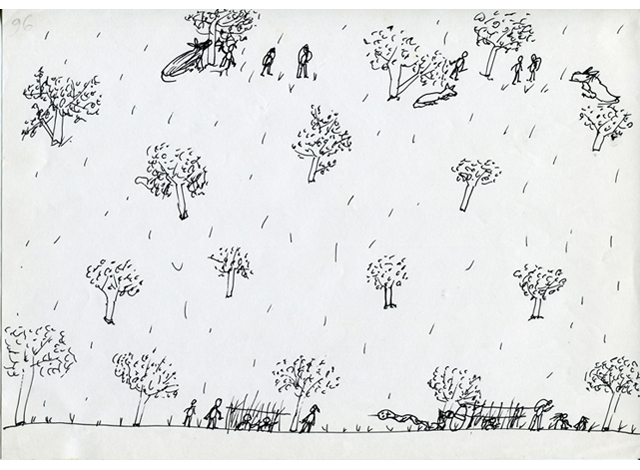In The Fall of Language in the Age of English, Minae Mizumura’s refusal to succumb to the dominance of the universal language is both political and aesthetic, as evidenced by the lyricism of her text. To her credit, the author does not employ theoretical jargon, but rather the same lucid prose that characterizes her novels. Luckily for English readers, Juliet Winters Carpenter and Mari Yoshihara’s skillfully crafted translation renders the nuances between katakana and hiragana into English. Indeed, Mizumura’s prose, use of narrative framing, and manipulation of the national language embed the justification for preserving the latter in the text.
This volume covers Mizumura’s encounter with the international writing community, the translingual formation of national languages, and a pragmatic assessment of education policy. It is not just Mizumura’s compelling prose, however, but also her use of literary techniques that gives her license to cover such a wide breadth of topics. Her introduction, in the form of a personal essay, conveys the ambiguous identity of a Japanese woman brought up in the U.S. and schooled in French literature. Readers witness how the author’s polyglot upbringing predisposes her to view writing as a medium one must struggle with, rather than one for free self-expression. As such, Mizumura makes a case for writers, not theorists, to ascertain the meaning of world literature. Gradually, the hegemony of English over Japanese shifts from a personal, to a communal, to a national, and, ultimately, to a global concern.





